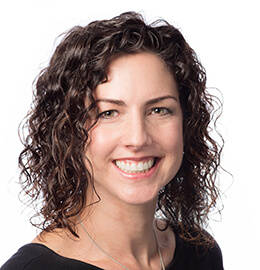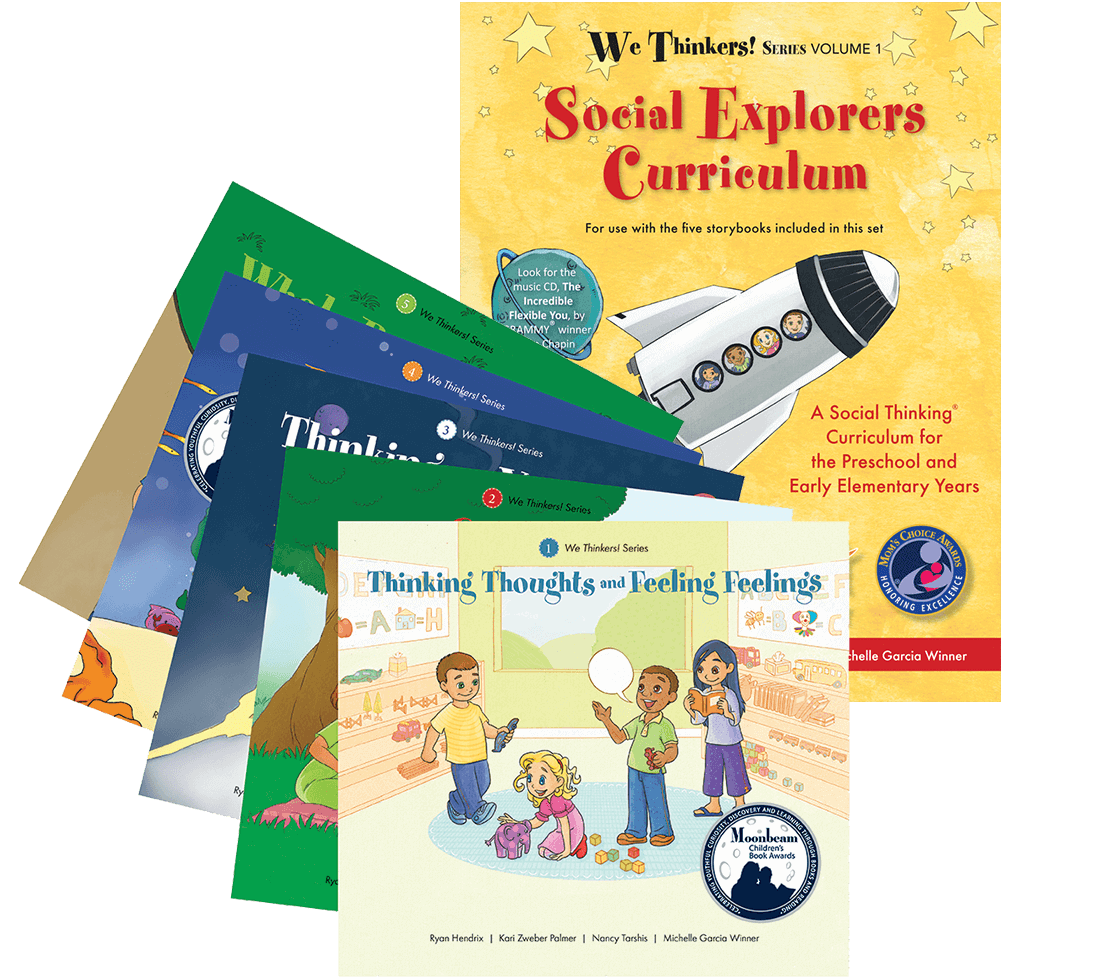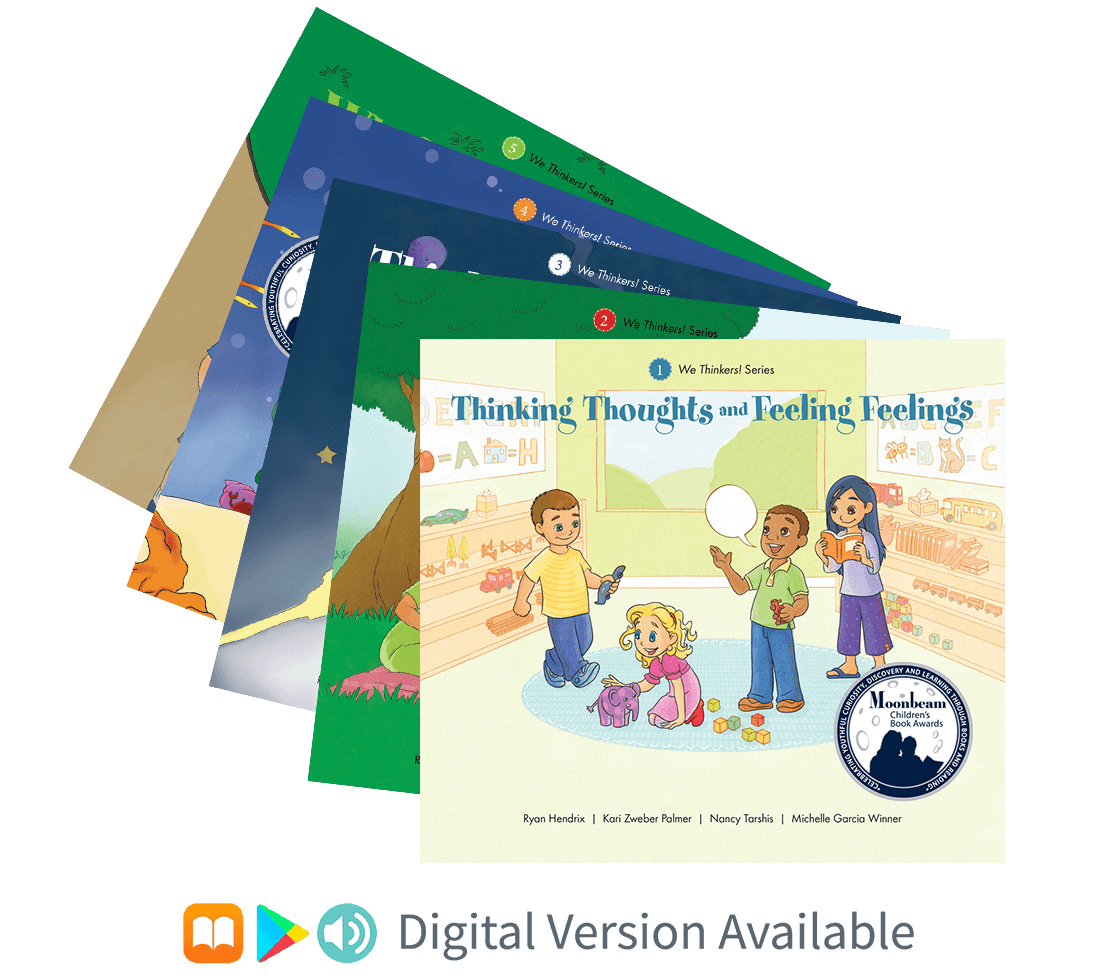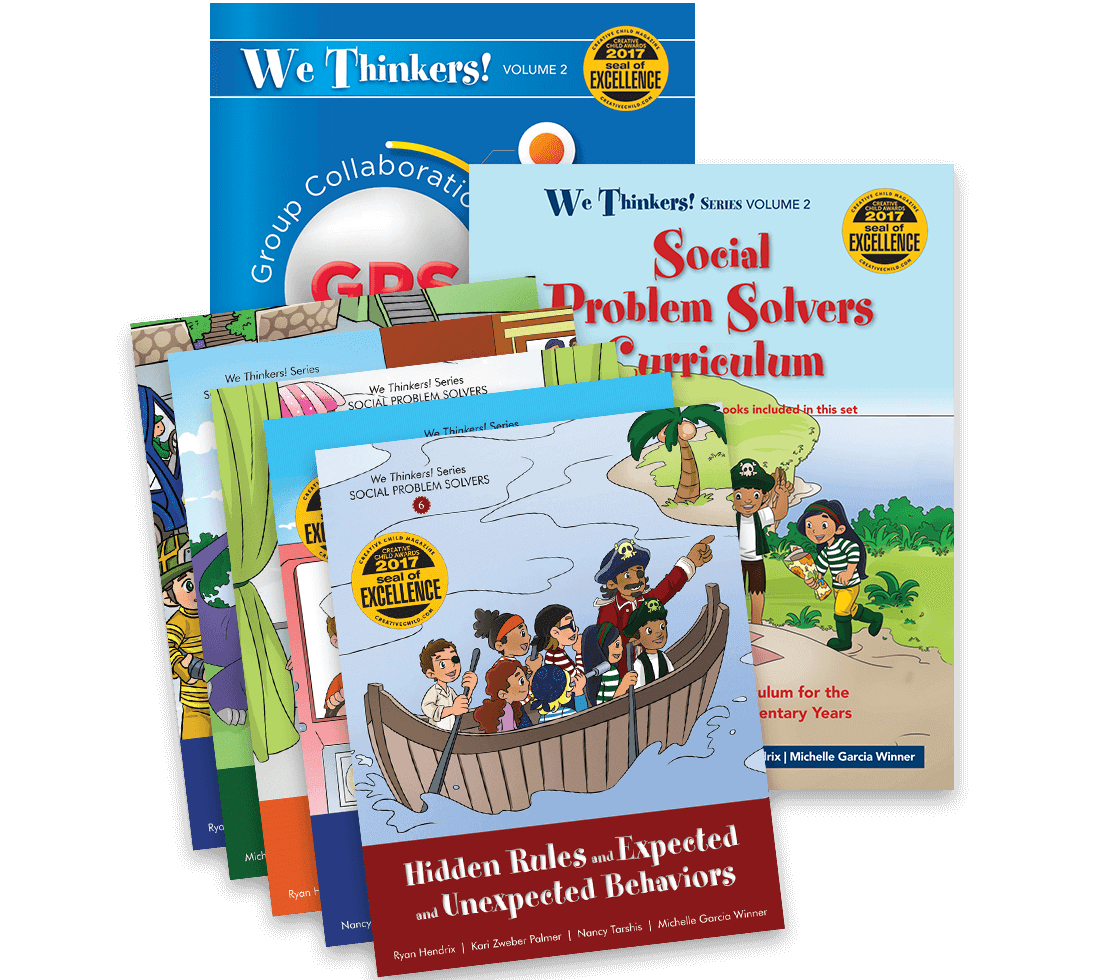Ryan Hendrix is a senior Social Cognitive Therapist at Social Thinking Stevens Creek in San Jose and a private therapist in San Francisco. She trained and works directly with Michelle Garcia Winner and Dr. Pamela Crooke. Her diverse caseload experience includes preschool-age children through young adults with social cognitive learning differences.
In addition to fostering social competencies in individual and group contexts, she actively collaborates with families and related professionals (teachers, resource specialists, psychologists, etc.) on ways to support their social learners beyond the clinic setting in their classrooms, communities, and homes. She meets with professionals from all over the world to talk about Social Thinking for Early Learners as part of the Social Thinking Clinical Training Program and is part of the Social Thinking Stevens Creek clinic’s ongoing Caregiver Education Series. As part of the Social Thinking Training and Speakers’ Collaborative, Ryan collaborates with and supports school teams to implement Social Thinking concepts across grades levels and across their school day.
Ryan received her bachelor’s degree in Psychology with a minor in Art Therapy and her master’s degree in Speech-Language Pathology from the University of Arizona. While at the U of A, Ryan met Dr. Crooke, who introduced her to the unpredictable, quirky world of Social Thinking. Having grown up with a close family friend with social learning differences, the concepts and lessons resonated strongly with her. Throughout graduate school and during her clinical fellowship year as part of the Autism Clinic Extension, Ryan conducted evaluations, designed and implemented treatment programs, and developed and led individual and group-based programs for children and adolescents ages 4-15 on the autism spectrum. Together with Dr. Crooke, she put together a research project to examine the effectiveness of using the Social Thinking Vocabulary. They later authored a published journal article discussing the results of the pilot study and presented the preliminary results in a technical session at ASHA in 2007.
Following graduation, Ryan continued implementing Social Thinking principles as a speech-language pathologist at the Tucson Medical Center. There she worked with children ages 1-12 with a variety of cognitive and communication impairments. She also collaborated and co-treated with occupational and physical therapists. When opportunity knocked in late 2007, she followed Dr. Crooke west to the Center for Social Thinking.
Ryan's artistic and creative talents allow her to explore abstract ideas in a visual, fun, and engaging manner. Working with a variety of ages and in a variety of contexts allows Ryan to sit on the floor, fly around in a cape and create Superflex tools, then turn around and explore the concept of a clique, the social fates and fortunes of working as a group, and break down the hidden rules of hanging out at a coffee shop. She is passionate about Social Thinking and the students and families she works with and enjoys collaborating with students, caregivers, and their teams to help social learners meet their own goals.
Ryan, along with co-authors Kari Zweber Palmer, Nancy Tarshis, and Michelle Garcia Winner, created We Thinkers! Volume 1 Social Explorers and We Thinkers! Volume 2 Social Problem Solvers, curricula for preschool and early elementary years published by Social Thinking. She has thoroughly enjoyed creating materials that meld what we know about social development with the powerful concepts of Social Thinking and making it accessible to this group of learners and their teams and families.
Ryan truly enjoys sharing this information with caregivers and professionals in both small settings and conferences and brings the concepts and strategies to life through stories and humor.
Other Experience
- Group Facilitator, social groups for students with social learning differences in the Tucson community
- Developed, organized, and led in-home social play groups for children with social cognitive differences from 6 to 15 years of age
- Instructor and volunteer, Art*Works Art Therapy Center
- Created and implemented literacy-based programming for adults with developmental disabilities
- Programmed and supervised art and collaborative cooking studios
- Designed and taught activities for daily living and life skills
Professional Affiliations
- American Speech-Language-Hearing Association (ASHA) member
- California Speech Language Hearing Association (CSHA) member
Click here to download Ryan's CV
Personal
Ryan lives with her husband and daughter in San Francisco. The sights and sounds of a busy city are a big departure from the desert southwest where she grew up, but she loves to get out and explore the area and all of the wonderful things it has to offer, especially the food!
Financial Disclosure
Financial: Author/speaker for Thinks Social Publishing, Inc. and receives speaking fees and royalty payments. She is also employed by the Social Thinking clinic as a therapist.
Non-financial: No relevant non-financial relationships exist.









